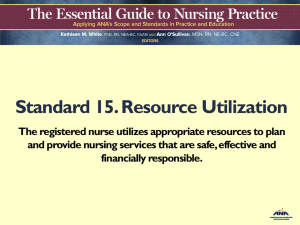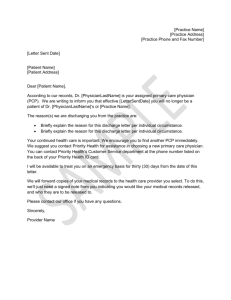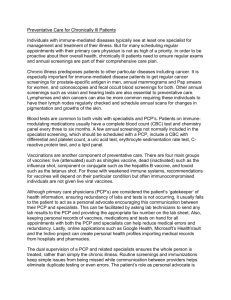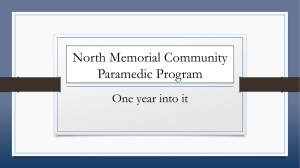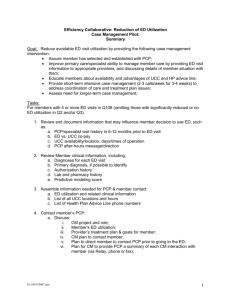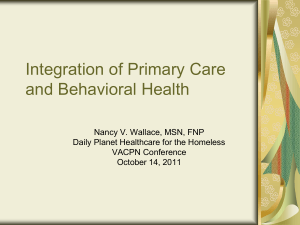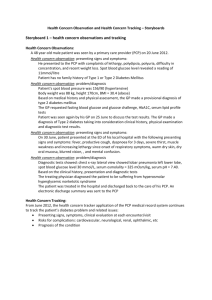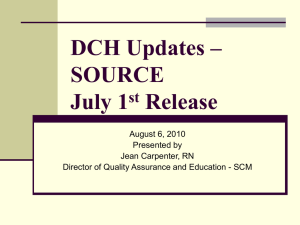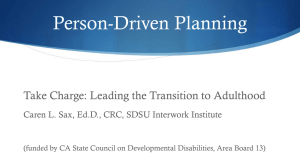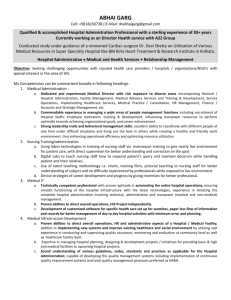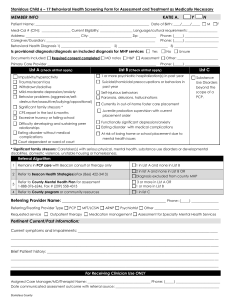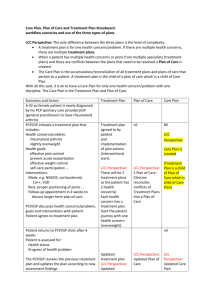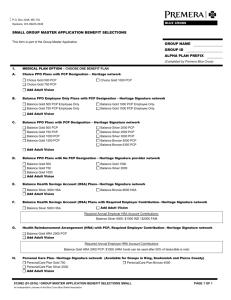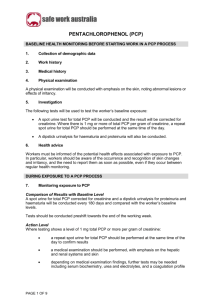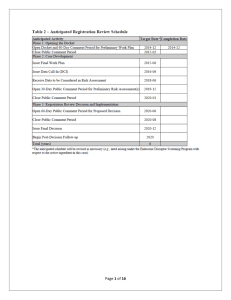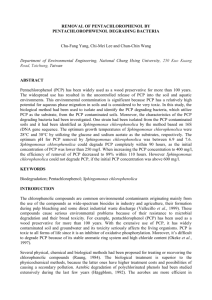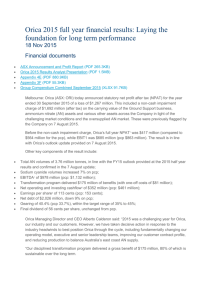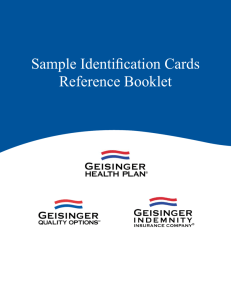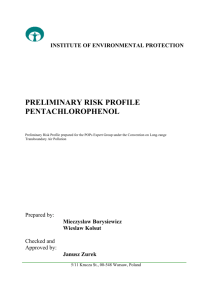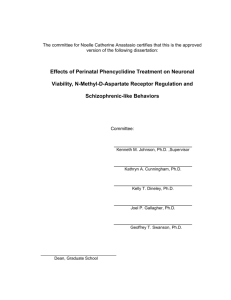Sample Job Description -- Care Manager Position Description: A
advertisement
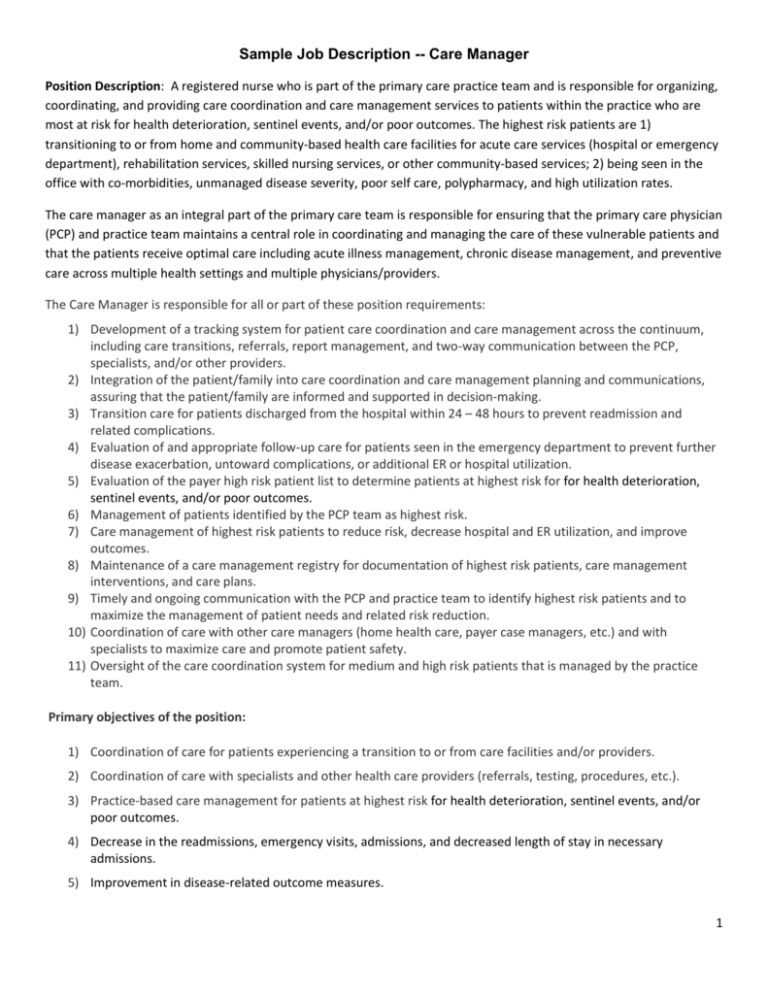
Sample Job Description -- Care Manager Position Description: A registered nurse who is part of the primary care practice team and is responsible for organizing, coordinating, and providing care coordination and care management services to patients within the practice who are most at risk for health deterioration, sentinel events, and/or poor outcomes. The highest risk patients are 1) transitioning to or from home and community-based health care facilities for acute care services (hospital or emergency department), rehabilitation services, skilled nursing services, or other community-based services; 2) being seen in the office with co-morbidities, unmanaged disease severity, poor self care, polypharmacy, and high utilization rates. The care manager as an integral part of the primary care team is responsible for ensuring that the primary care physician (PCP) and practice team maintains a central role in coordinating and managing the care of these vulnerable patients and that the patients receive optimal care including acute illness management, chronic disease management, and preventive care across multiple health settings and multiple physicians/providers. The Care Manager is responsible for all or part of these position requirements: 1) Development of a tracking system for patient care coordination and care management across the continuum, including care transitions, referrals, report management, and two-way communication between the PCP, specialists, and/or other providers. 2) Integration of the patient/family into care coordination and care management planning and communications, assuring that the patient/family are informed and supported in decision-making. 3) Transition care for patients discharged from the hospital within 24 – 48 hours to prevent readmission and related complications. 4) Evaluation of and appropriate follow-up care for patients seen in the emergency department to prevent further disease exacerbation, untoward complications, or additional ER or hospital utilization. 5) Evaluation of the payer high risk patient list to determine patients at highest risk for for health deterioration, sentinel events, and/or poor outcomes. 6) Management of patients identified by the PCP team as highest risk. 7) Care management of highest risk patients to reduce risk, decrease hospital and ER utilization, and improve outcomes. 8) Maintenance of a care management registry for documentation of highest risk patients, care management interventions, and care plans. 9) Timely and ongoing communication with the PCP and practice team to identify highest risk patients and to maximize the management of patient needs and related risk reduction. 10) Coordination of care with other care managers (home health care, payer case managers, etc.) and with specialists to maximize care and promote patient safety. 11) Oversight of the care coordination system for medium and high risk patients that is managed by the practice team. Primary objectives of the position: 1) Coordination of care for patients experiencing a transition to or from care facilities and/or providers. 2) Coordination of care with specialists and other health care providers (referrals, testing, procedures, etc.). 3) Practice-based care management for patients at highest risk for health deterioration, sentinel events, and/or poor outcomes. 4) Decrease in the readmissions, emergency visits, admissions, and decreased length of stay in necessary admissions. 5) Improvement in disease-related outcome measures. 1 Essential Functions: 1) Developing/managing tracking and documentation systems for patients admitted to and discharged from the hospital, patients seen in the emergency room (ER), and patients transitioning from or to any other health care facility. 2) Assuring that care is patient-centered and that the patient/family are informed about the plan of care and are involved in decision-making about that care. 3) Identifying and managing the patient’s primary driver (reason that caused the hospitalization or ER visit). 4) Comprehensively assessing patient’s physical, mental, and psychosocial needs. 5) Triaging high risk patients to identify the highest risk patients based severity of disease, self-care limitations, lack of family support, severe socioeconomic factors, poly-pharmacy, and health care utilization trends. 6) Maintaining a registry of highest risk patients with documented completion of measures and interventions. 7) Developing care plans that prevent disease exacerbation, improve outcomes, increase patient engagement in self-care, decrease risk status, and minimize hospital and ER utilization. 8) Utilizing behavioral strategies to assist patients in adopting healthy behaviors, improving self-care and managing chronic disease. 9) Assisting patients in problem-solving issues related to health care system, financial and psychosocial barriers. 10) Ongoing evaluation and documentation of patient progress/risk status and appropriate scheduling of care manager interventions. 11) Coordinating care with other care managers across the continuum of care and payers. 12) Communicating/affirming patient needs, plan of care, and changes in status with the PCP, team and the patient/family. 13) Developing/managing care coordination systems that support referral, test completion and report receipt, and an integrated plan of care with specialists and other providers across the continuum. 14) Training of office staff in the coordination of care with specialists and other providers across the continuum. Required Experience, Education, Skills, and Working Conditions 1) Experience in case management, disease management, home health care nursing, hospital nursing or intensive outpatient education and self-management support (i.e. CDE). 2) Education: Registered Nurse (minimum) 3) Skills a. Comprehensive nursing assessment, problem identification and care plan development b. Disease management c. Screening for developmental issues, depression, other psychological conditions, and frailty. d. Clinical system design and development e. Project management f. Behavioral strategies including motivational interviewing and self-management support g. Relationship building with patients, staff, and providers h. Management of staff i. Documentation in an EMR j. Computer skills including excel, word, and PowerPoint 4) Working conditions: PCP office based with the ability to do home visits on a limited basis 2
